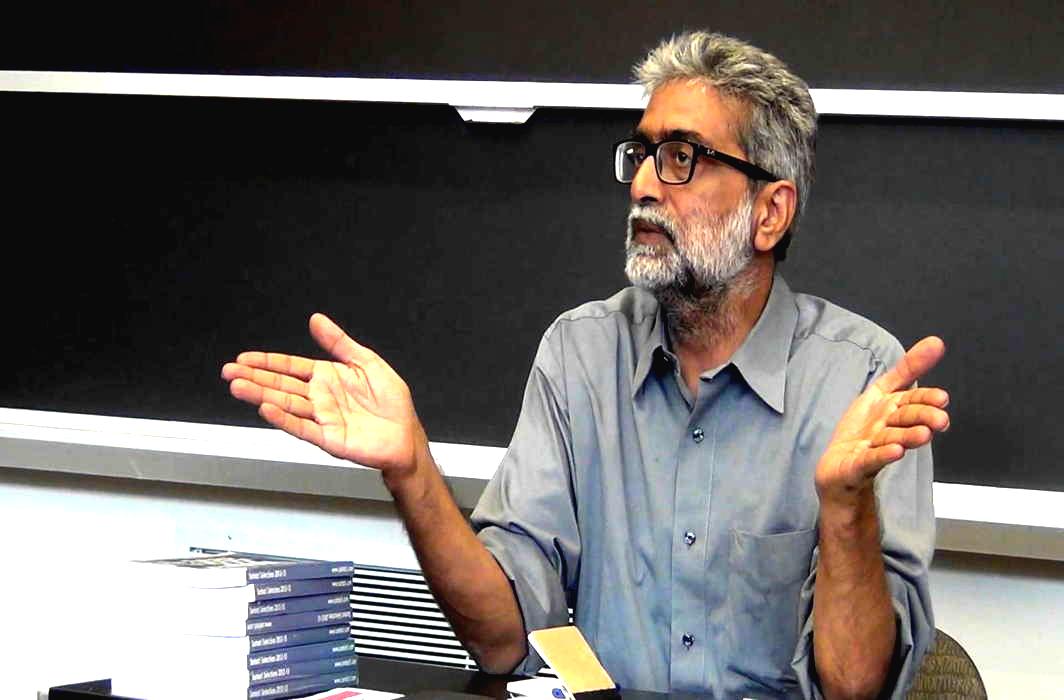The Supreme Court on Wednesday issued notice to the National Investigation Agency (NIA) on a plea by human rights activist and journalist Gautam Navlakha against the Bombay High Court order rejecting his bail application. Navlakha is an accused in the Elgar Parishad–Maoist links case.
The bench comprising Justices U.U. Lalit and K.M. Joseph sought the NIA’s response by March 15.
Navlakha had sought default bail on the grounds that NIA had failed to file a chargesheet within the stipulated 90 days. The NIA claimed the period of 34 days of Navlakha’s house arrest between August 29 and October 1, 2018, was termed “illegal” by Delhi High Court and hence it cannot be included in the period of detention.
Navlakha submitted that his total custody had exceeded 90 days and no charge-sheet had been filed nor extension of time sought for filing charge-sheet and hence, the Appellant was entitled to statutory bail under Section 167(2) of CrPC read with 43 of UAP Act.
The issue before the High Court was whether the period of custody spent during house arrest (August 28, 2018 to October 1, 2018 for the period of 34 days) constitutes custody for the purposes of Section 167(2) CrPC.
The High Court, however, held that “the period from (August 28, 2018 to October 1, 2018) has to be excluded from computing the period of 90 days as the said custody has been held to be unsustainable in law by Delhi High Court. Delhi High Court also set aside the order passed by the learned CMM on August 28, 2018 granting transit remand to the Appellant.”
“It is not in dispute that thereafter the appellant applied for anticipatory bail which was rejected at all stages and ultimately the appellant surrendered on April 14, 2020. It is only consequent to the surrender that the Magistrate then authorized the police custody.”
Read Also: Delhi HC seeks response from Centre on not extending RTE beyond 14 years of age


